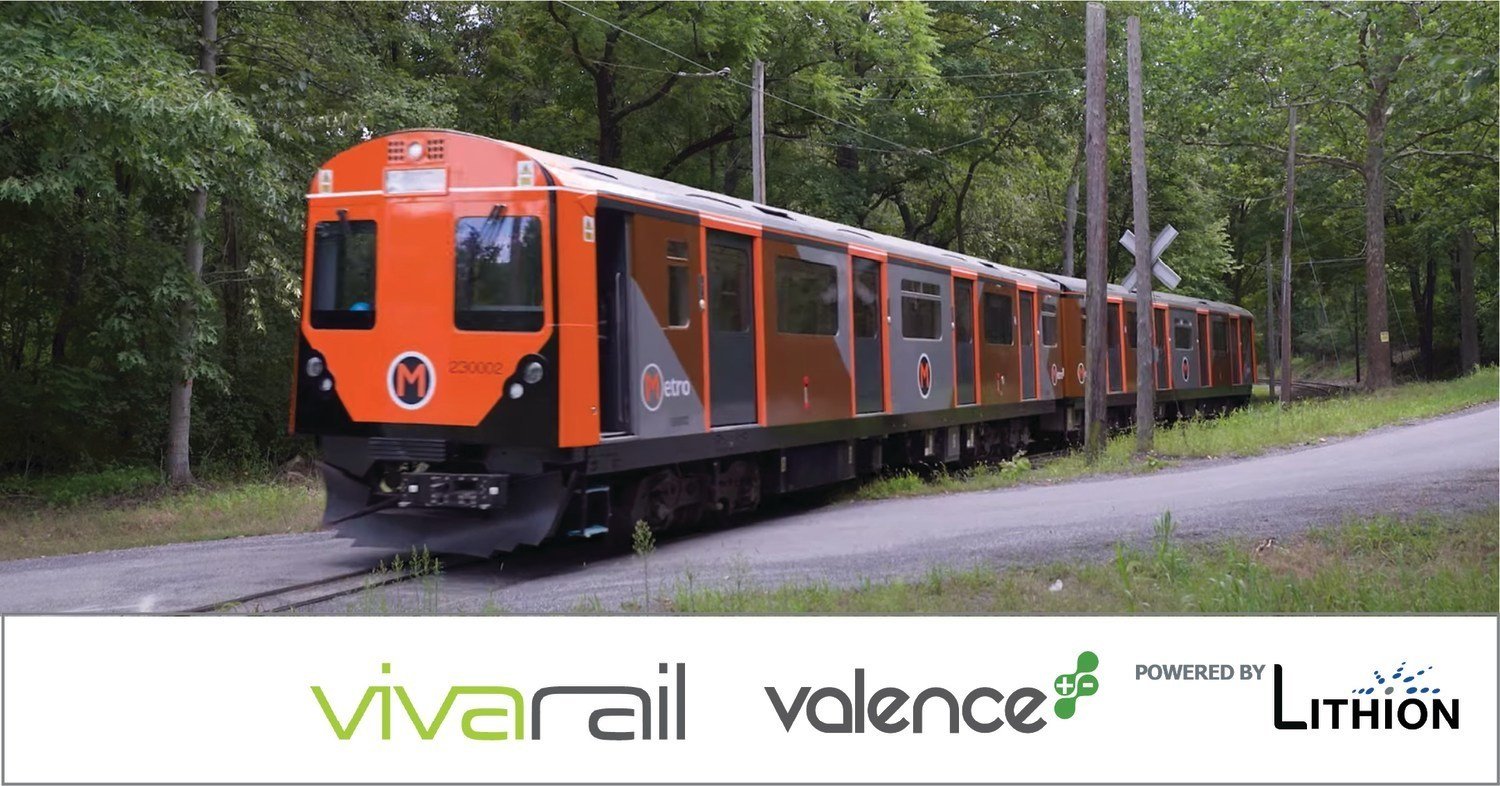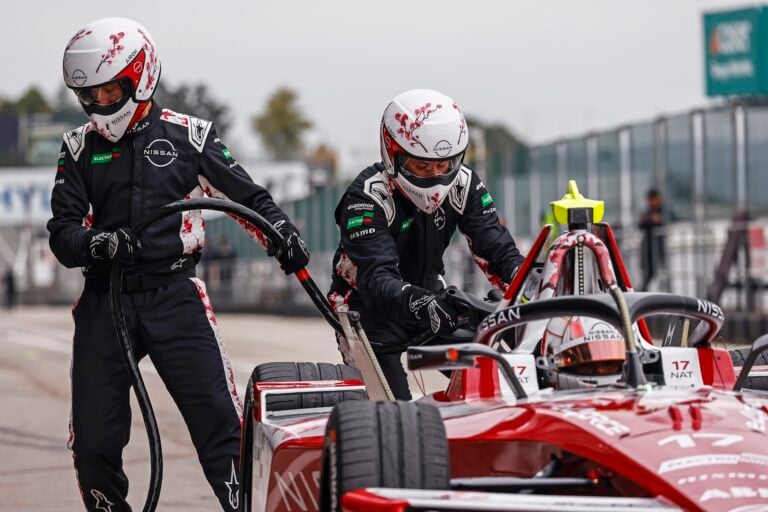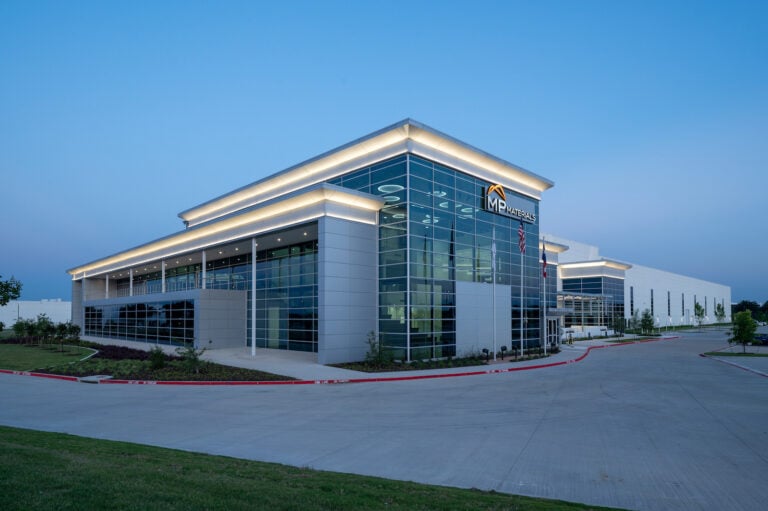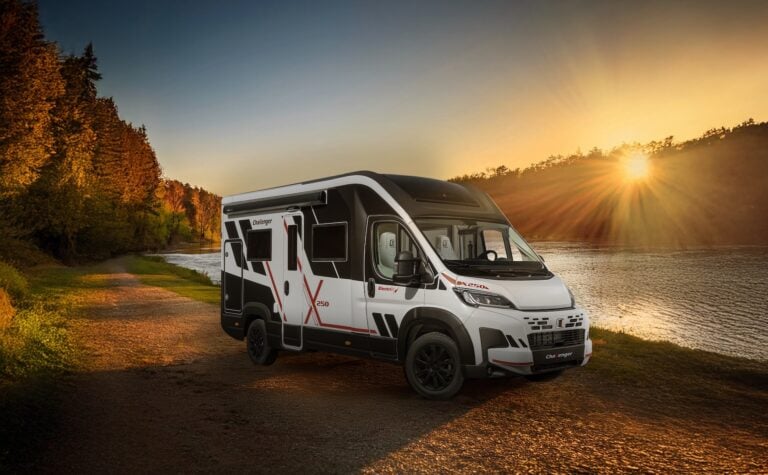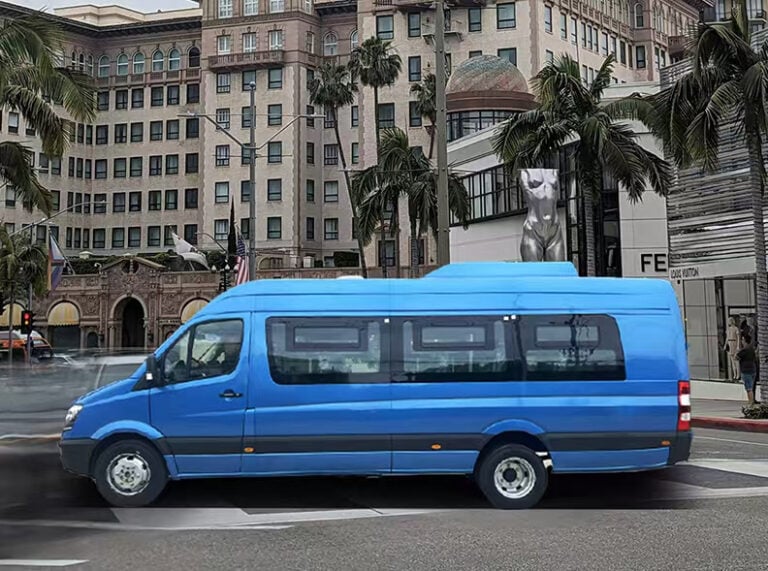HENDERSON, Nev., and CALGARY, AB – For this exciting rail pilot project, Pop-Up Metro, Vivarail has retrofitted railcars with market leading battery technology, utilizing Lithion Battery’s Valence battery modules. The original concept for Pop-Up Metro UK was a battery-powered, modular train that can easily be integrated into any existing rail infrastructure in any metropolitan region.
Henry Posner III, the chairman of Railroad Development Corporation (RDC), expressed his vision for a rail-based mass transit system in the United States. “A lot of urban areas in this country have underutilized freight lines that could also support transit service. People might not have considered these opportunities because it’s been perceived as too expensive, too lengthy and too risky. With Pop-Up Metro, you can do that project quickly on a demonstration basis,” says Posner.
Vivarail’s train was the first battery-powered train in series production in Europe and this latest train is believed to be the first lithium iron phosphate powered train in operation in the USA. The inherent benefits of battery power in rail applications are set to grow in both North America and globally. There are opportunities in rail that are cohesive with US President Joe Biden administration’s emphasis on infrastructure, sustainability and investment in new power technologies that support green initiatives.
The team behind Pop-Up Metro and Vivarail look forward to demonstrating battery-powered trains to customers across the USA, including public transportation systems that are considering adding rail-based options; adding to existing services and incorporating the next generation of trains; or private developers who may incorporate rail into their projects.
Valence: Powered by Lithion, battery modules are currently being manufactured in the USA at a brand-new facility located in Henderson, Nevada. The significant investment into the 80,000 square foot plant represents Lithion’s commitment to supply the increasing demand for safe, reliable energy solutions for the electrification of commercial vehicles, laying ground for the next generation of environmentally friendly rail systems.

